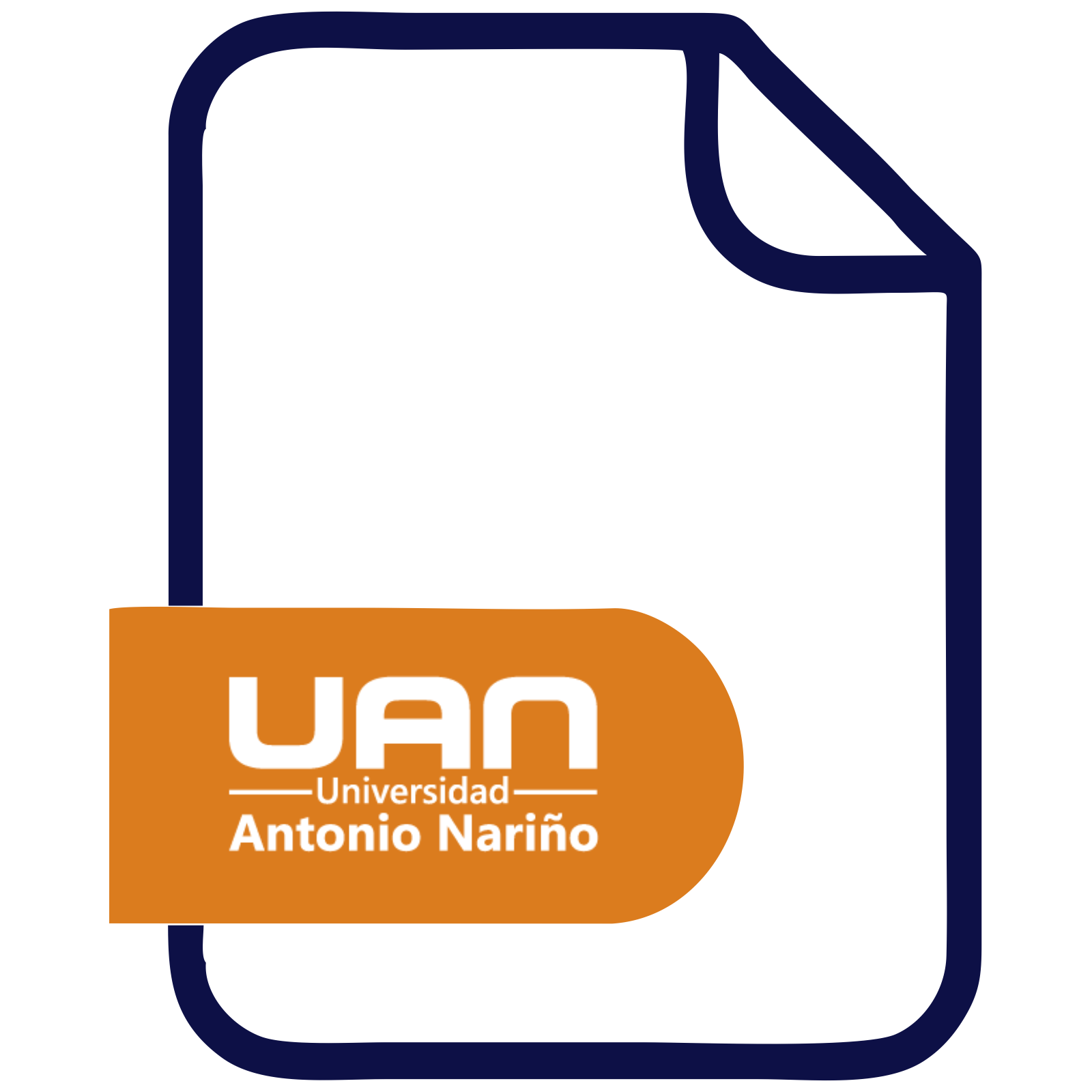Por favor, use este identificador para citar o enlazar este ítem:
http://repositorio.uan.edu.co/handle/123456789/7181> Repositorio UAN
Repositorio UANComunidades y ColeccionesTitulosMateriasAutoresFecha de publicacion
Mi CuentaAccederRegistro
Mi CuentaAccederRegistro
| Título : | Derecho a la Identidad Cultural de los Niños, Niñas y Adolescentes de la Comunidad Indígena Cuindes en Clave del Derecho Internacional |
| metadata.dc.creator: | RINCON BONILLA, BREYNNER |
| metadata.dc.contributor.advisor: | GUZMAN QUINTERO, ALDEMAR |
| Palabras clave : | DERECHO INDIGENA;IDENTIDAD CULTURAL;PUEBLO PIJAO;NIÑEZ INDIGENA |
| Resumen : | In the international context, important instruments have been designed for the defense of the human rights of indigenous peoples, especially for their children and adolescents, whose fundamental right to cultural identity has historically been violated. Among the most relevant are the American Convention on Human Rights, the International Convention on the Rights of the Child, the United Nations Declaration on the Rights of Indigenous Peoples and ILO Convention 169. The foregoing forms a transnational legal framework for the defense of the rights of indigenous children, which has been welcomed by Colombia, a State that has left this responsibility in the hands of its institutions, so that through strategic programs a policy of protection of cultural diversity, promoting the restoration of the violated right, in order to rescue the values contained in ancestral beliefs, the special relationship with nature and the original language. Aspiration that does not go beyond formality, because, as described in this study, there is evidence of non-positive results, as seen in the situation experienced by the children of the Cuindes indigenous community, a surviving reservation of the ancient Pijao indigenous people, settled in the municipality of Cunday-Tolima. |
| metadata.dc.description.tableofcontents: | En el contexto internacional se han diseñado importantes instrumentos, para la defensa de los derechos humanos de los pueblos indígenas. Con mayor frecuencia, a niños, niñas y adolescentes, quienes históricamente se han visto afectados por la vulneración del derecho fundamental a la identidad cultural. Entre los más relevantes se encuentran, la Convención Americana de los Derechos Humanos, la Convención internacional de los Derechos Del Niño, la Declaración de las Naciones Unidas sobre los Derechos de los Pueblos Indígenas y el Convenio 169 de la OIT |
| URI : | http://repositorio.uan.edu.co/handle/123456789/7181 |
| Editorial : | Universidad Antonio Nariño |
| metadata.dc.publisher.campus: | Bogotá - Federmán |
| metadata.dc.publisher.faculty: | Facultad de Derecho |
| metadata.dc.date.created: | 2022-06-23 |
| Aparece en las colecciones: | Maestría en Derecho de familia |
Ficheros en este ítem:
| Fichero | Tamaño | |
|---|---|---|
| 2022_Actadesustentación Restricted Access | 1.08 MB | Visualizar/Abrir Request a copy |
| 2022_AutorizacióndeAutores Restricted Access | 667.64 kB | Visualizar/Abrir Request a copy |
| 2022_Aval.pdf Restricted Access | 548.36 kB | Visualizar/Abrir Request a copy |
| 2022_BREYNNERRINCONBONILLA | 203.28 kB | Visualizar/Abrir |
Los ítems de DSpace están protegidos por copyright, con todos los derechos reservados, a menos que se indique lo contrario.



